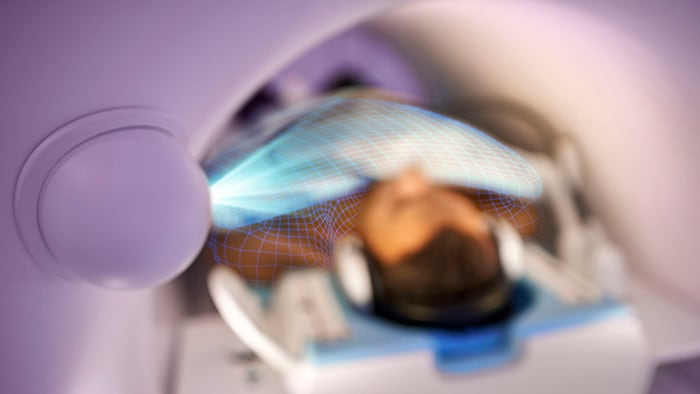
@ShahidNShah


I’m a firm believer in the promise of artificial intelligence (AI): a tool that, if used in a smart way, can give healthcare providers superpowers by putting the right information at their fingertips in the moments that truly matter to them and their patients. Yet I also believe that in order to deliver on that promise, we must focus on people – not technology – first.
In conversations with healthcare leaders around the world, one challenge that typically comes up is the difficulty of finding enough specialized physicians to meet the growing need for care. At that point I like to ask: what if we could make your existing physicians twice as effective and efficient, enabling them to make better decisions while spending more time with patients?
That’s essentially the promise of AI – whether it’s through automating mundane chores that take away a physician’s focus from the patient, or by providing clinical decision support in the moments that ultimately have the power to lead to better health outcomes.
And yet, for all its technological advances, surprisingly few AI applications have successfully made their way from the research lab into clinical practice. What’s holding AI in healthcare back?
Read on philips.com
Continue reading at philips.com
Healthcare organizations are becoming increasingly focused on innovative technology solutions like telehealth, enhanced electronic health records, and partnerships with technology companies. With this …
Connecting innovation decision makers to authoritative information, institutions, people and insights.
Medigy accurately delivers healthcare and technology information, news and insight from around the world.
Medigy surfaces the world's best crowdsourced health tech offerings with social interactions and peer reviews.
© 2025 Netspective Foundation, Inc. All Rights Reserved.
Built on Apr 25, 2025 at 12:44pm